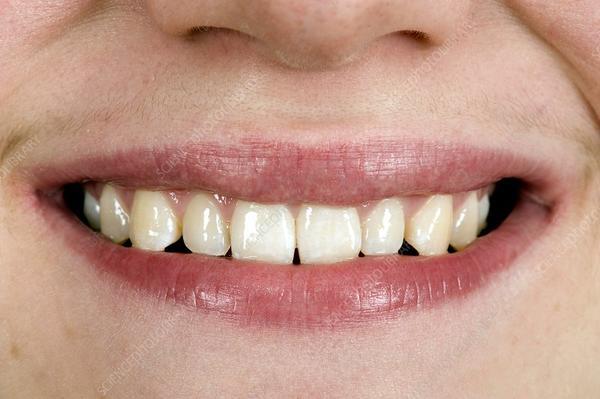
Everything You Need To Know About Tooth Decay In Seniors
Having healthy teeth is associated with improved happiness and wellbeing, according to several studies. Unfortunately, the nation’s seniors don’t have the healthiest teeth. The Centers for Disease Control & Prevention (CDC) reports that one in five people aged 65 and over have untreated tooth decay. This is risky as it can cause infections and abscesses. Here’s how to deal with tooth decay effectively and swiftly.
The causes
Tooth decay can be caused by your diet, poor dental hygiene, excessive snacking, and bacteria. Certain illnesses which are more common among the aging population can also lead to tooth decay. These include cancer, anemia, and diabetes. 39% of seniors take five or more prescription medications per day and some of these drugs may cause tooth decay too. Antihistamines, aspirin, respiratory inhalers, and Immunosuppressant drugs have all been linked to tooth decay.
Signs of tooth decay
Older adults are less likely to visit the dentist than younger adults. One study found that from the age of 80, dentist visits significantly decline. Failing to visit the dentist puts you at increased risk of tooth decay. Signs that you’ve got tooth decay include:
-
Pain
-
Sensitivity
-
Holes, chips, and pitting
-
Bad breath
-
Dry mouth
-
Darkened spots on the teeth
Tooth decay usually occurs over a period of six months to five years, which is why frequent dental checks are essential. You’re unlikely to experience any symptoms at the onset and swift treatment can resolve the issue before complications occur. But if your tooth decay goes unnoticed and untreated, you may experience serious problems, including jaw pain, broken teeth, and difficulties chewing.
Treatment options
If you suspect you’ve got tooth decay, make an appointment with a dentist as soon as possible. Early treatment typically involves being prescribed a fluoride-rich toothpaste. Advanced tooth decay needs to be treated in other ways. Depending on the extent of decay, you’ll either need a filling, crown, root canal, or tooth extraction. You can use a family dental clinic anywhere in the world, including in Mississauga, Alaska, or Manila to get the treatment you need. These clinics are used to dealing with tooth decay and the problems connected to it. You may even find you need emergency treatment if the pain gets too bad.
Prevention methods
All seniors are encouraged to visit their dentist for a routine checkup once per year. Your dentist might prefer to see you every six months, especially if you’ve experienced tooth decay recently. You can also prevent tooth decay by brushing your teeth at least twice a day and flossing daily. If you have difficulties brushing your teeth due to a health issue, such as arthritis, consider using an electric toothbrush rather than a manual one. You can also get toothbrush handles that make gripping and brushing easier. Healthy eating is essential too if you want to avoid tooth decay. Around two-thirds of seniors eat an unhealthy diet, according to a new JAMA study. Sugary foods contribute to tooth decay, whereas foods rich in nutrients will help to protect your teeth.
Tooth decay is a common problem among seniors. If left untreated you could experience severe problems, so it’s best to stay on top of your dental care.